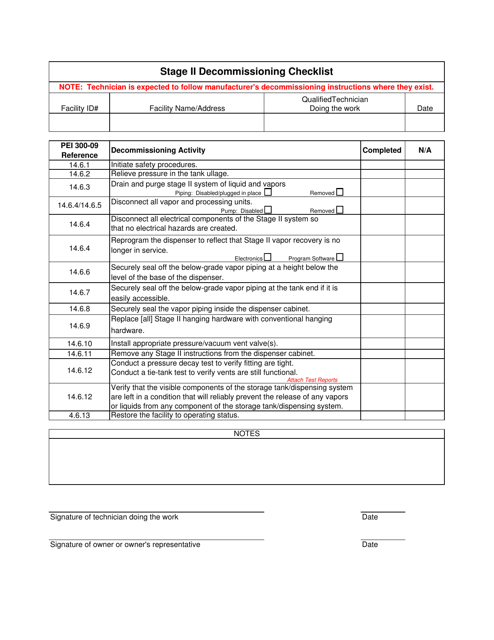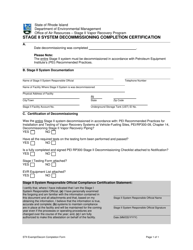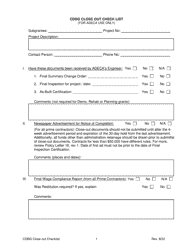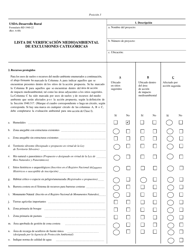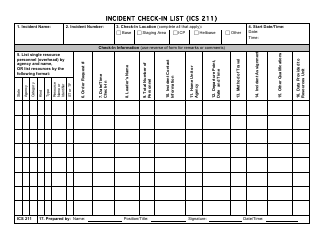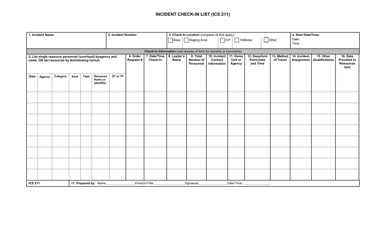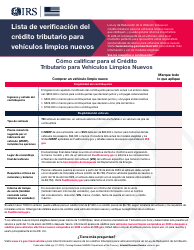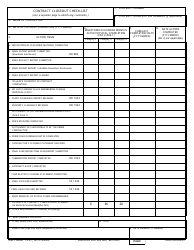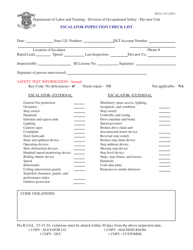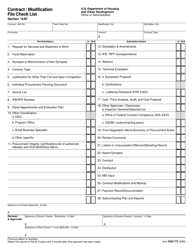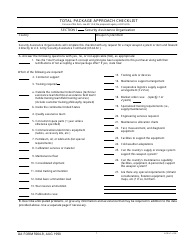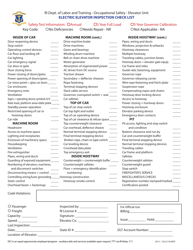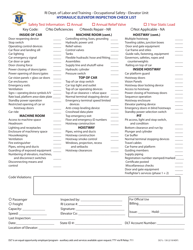Stage II Decommissioning Checklist - Rhode Island
Stage II Decommissioning Checklist is a legal document that was released by the Rhode Island Department of Environmental Management - a government authority operating within Rhode Island.
FAQ
Q: What is Stage II decommissioning?
A: Stage II decommissioning is the process of permanently shutting down and removing a previously licensed nuclear facility.
Q: What is the purpose of a decommissioning checklist?
A: A decommissioning checklist helps ensure that all necessary steps are taken during the decommissioning process to protect public health and safety.
Q: What is included in the Stage II decommissioning checklist for Rhode Island?
A: The Stage II decommissioning checklist for Rhode Island includes activities such as radiological characterization, site restoration, waste management, and regulatory compliance.
Q: What is radiological characterization?
A: Radiological characterization involves conducting surveys and assessments to determine the extent of radiological contamination at the site.
Q: What is site restoration?
A: Site restoration involves activities to remove contaminated materials, restore the site to its pre-operational state, and mitigate any environmental impacts.
Q: What is waste management?
A: Waste management involves safely packaging, transporting, and disposing of the radioactive waste generated during the decommissioning process.
Q: What is regulatory compliance?
A: Regulatory compliance involves ensuring that all decommissioning activities are conducted in accordance with applicable laws, regulations, and license requirements.
Q: What are the key considerations for Stage II decommissioning in Rhode Island?
A: Key considerations for Stage II decommissioning in Rhode Island include conducting thorough radiological surveys, developing a waste management plan, maintaining regulatory compliance, and engaging with stakeholders and the public throughout the process.
Form Details:
- The latest edition currently provided by the Rhode Island Department of Environmental Management;
- Ready to use and print;
- Easy to customize;
- Compatible with most PDF-viewing applications;
- Fill out the form in our online filing application.
Download a fillable version of the form by clicking the link below or browse more documents and templates provided by the Rhode Island Department of Environmental Management.
